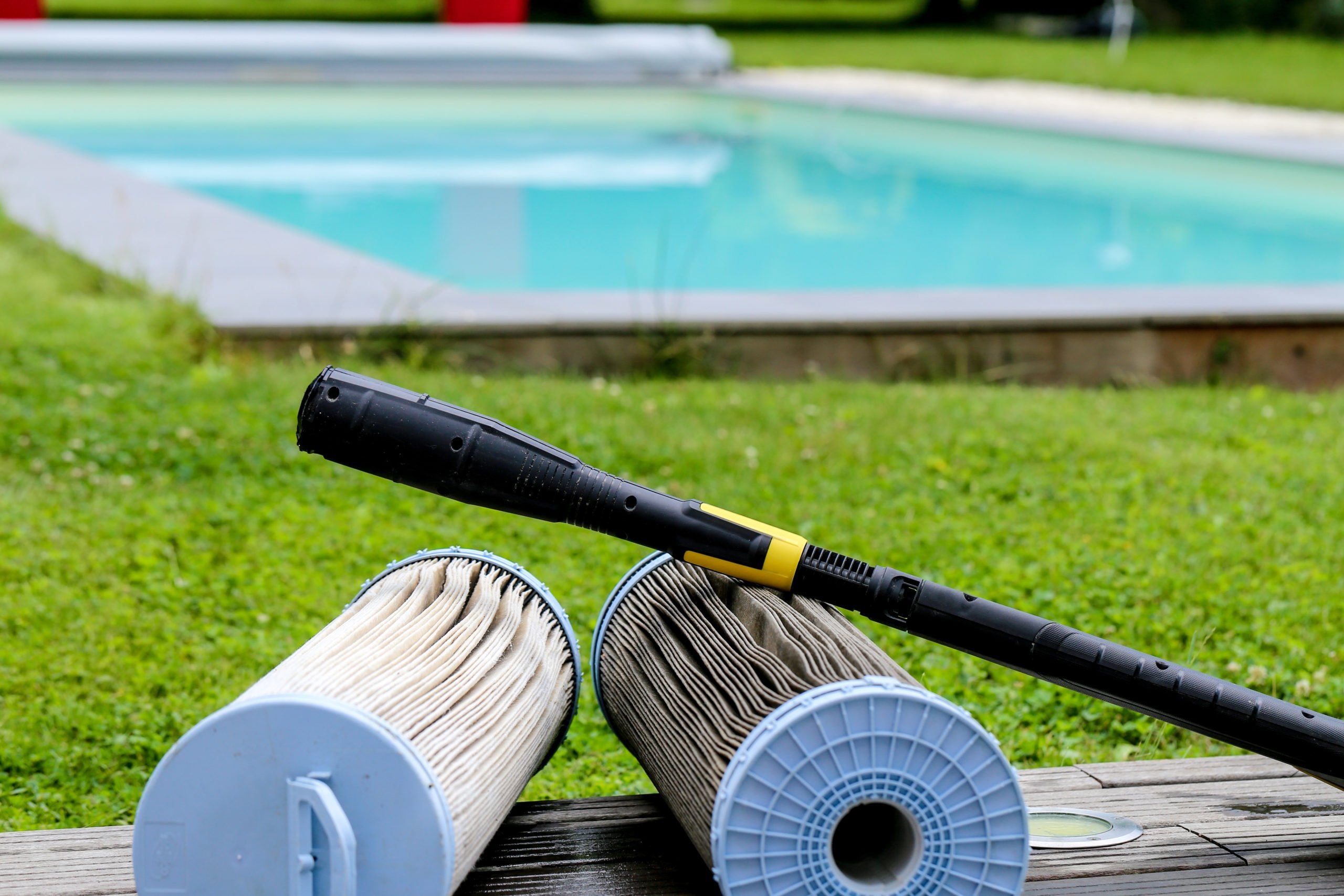Here's a summary in English about determining how many gallons of water a pool holds:
Understanding Pool Volume: A Guide to Calculating Gallons
When it comes to pool maintenance, knowing the volume of water your pool holds is essential, especially for accurately dosing chemicals and maintaining water quality. Calculating the number of gallons in your pool may seem complex, but with the right measurements and formulas, it becomes a straightforward task.

Key Measurements: To begin, you'll need to gather a few basic measurements:
- Length (L): The total length of the pool.
- Width (W): The total width of the pool.
- Depth (D): The average depth of the pool, which is crucial for variable depth pools. For pools with a uniform depth, this measurement is straightforward. For those with a shallow and deep end, calculate the average by adding the two depths and dividing by two.
Formulas for Different Pool Shapes:

- Rectangular Pools: Use the formula 𝑉=𝐿×𝑊×𝐷×7.5V=L×W×D×7.5, where 𝑉V is the volume in gallons. The factor of 7.5 comes from the conversion that one cubic foot of water is approximately equal to 7.5 gallons.



- Circular Pools: The volume can be calculated with 𝑉=𝜋×𝑟2×𝐷×7.5V=π×r2×D×7.5, where 𝑟r is the radius of the pool (half of the diameter).

- Oval and Irregular Pools: These shapes often require breaking down the pool into smaller, more manageable geometric shapes (like rectangles or circles) and calculating the volume for each before summing them up.
Online Calculators: Several online pool volume calculators are available to simplify the process. These tools often provide visual aids and step-by-step instructions, allowing you to input your pool's dimensions and automatically calculate the volume.Click to calculate now!
Considerations for Unique Pool Features: Pools with unique features like spas, irregular shapes, or sloping sides may require adjustments to the basic formulas. For instance, sloping sides might necessitate a multiplier to account for the varying depths.
Importance of Accurate Calculations: Knowing your pool's volume is not just for curiosity; it's vital for chemical balance, ensuring proper filtration, and even for safety reasons. Accurate calculations help prevent over- or under-dosage of pool chemicals, which can lead to health hazards or damage to the pool's ecosystem.
Conclusion: Whether you're a pool owner looking to maintain water quality or a professional needing precise measurements for a project, understanding how to calculate the gallons in your pool is an indispensable skill. With the right approach and tools, it's a task well within reach.

